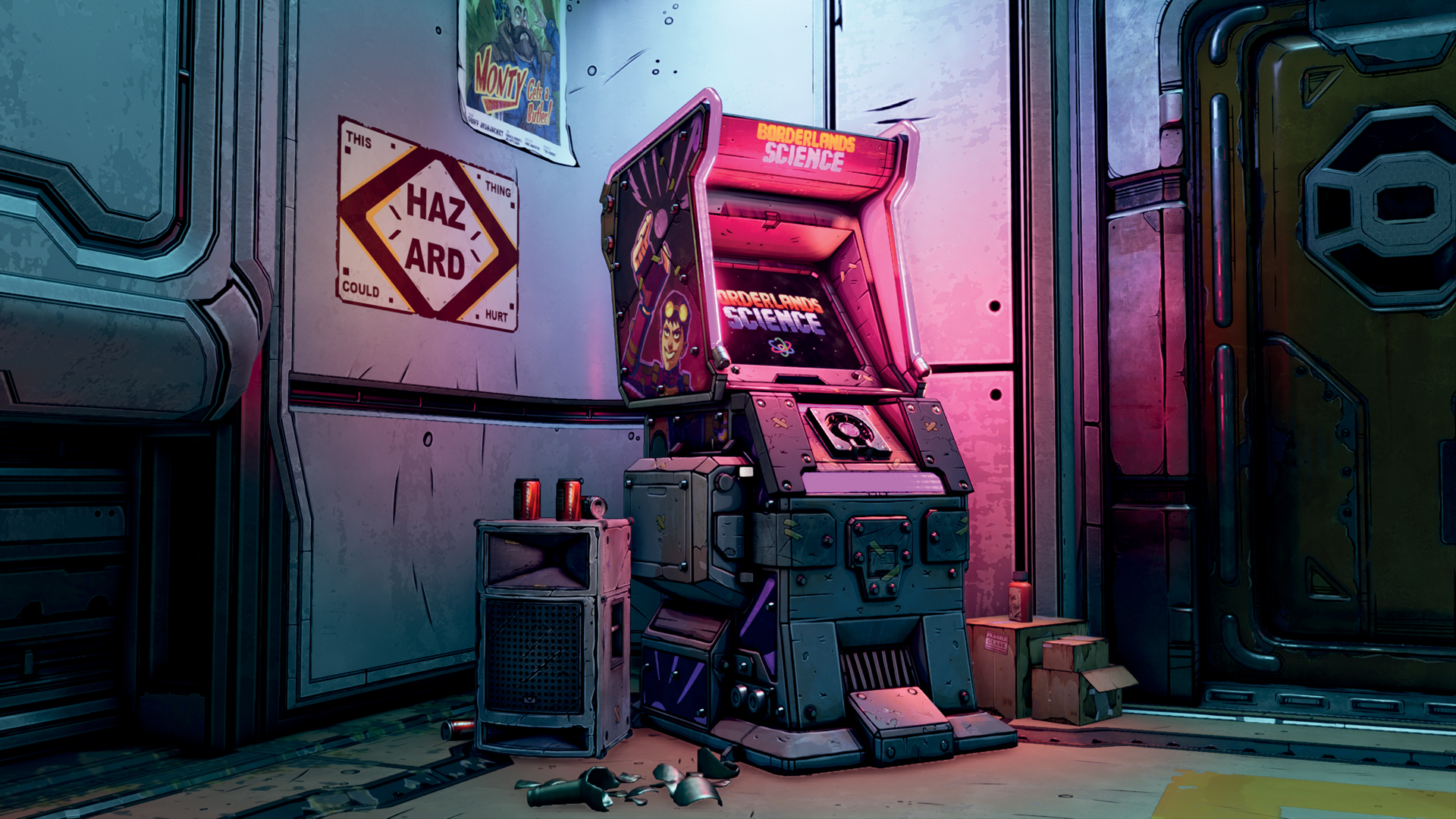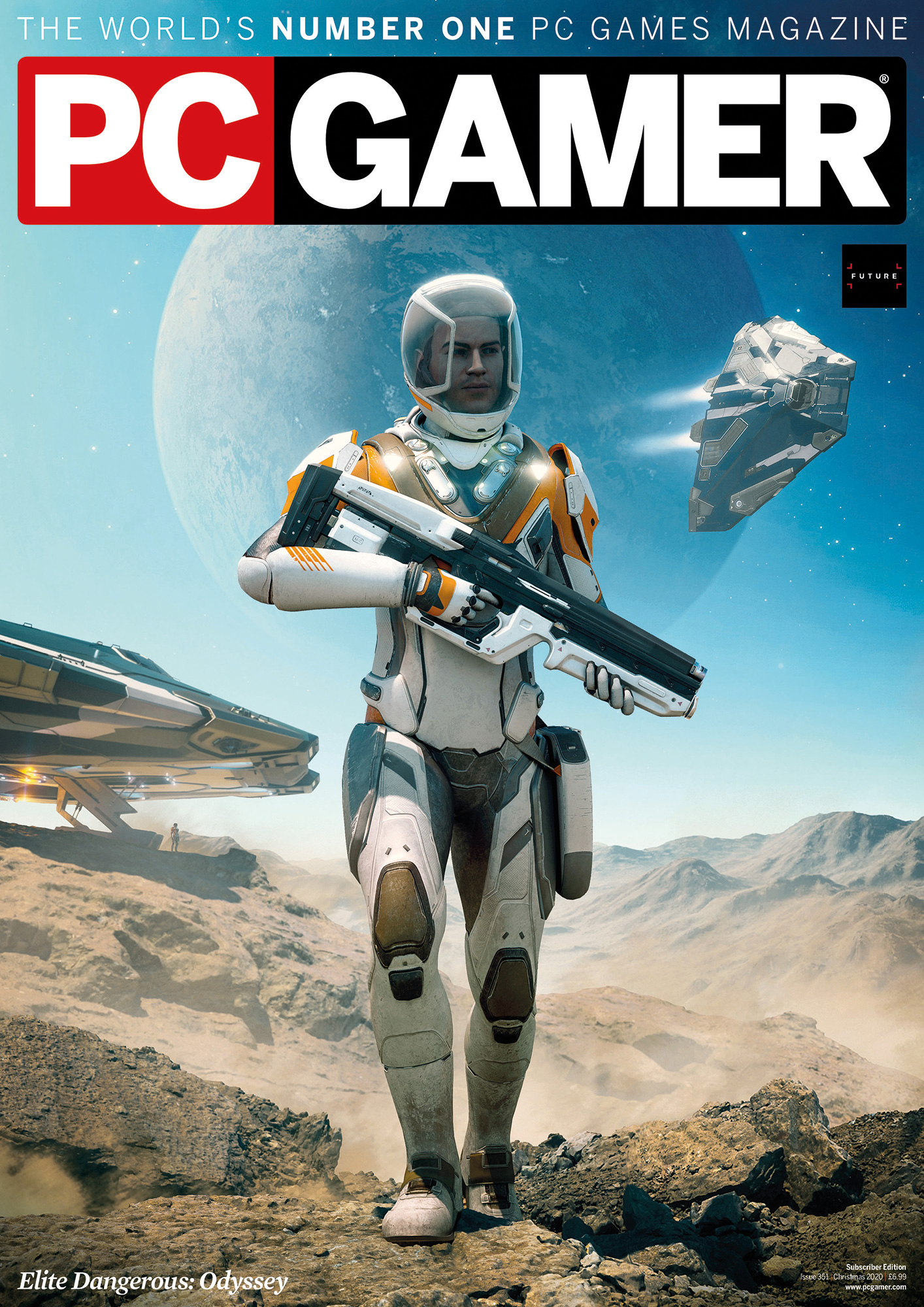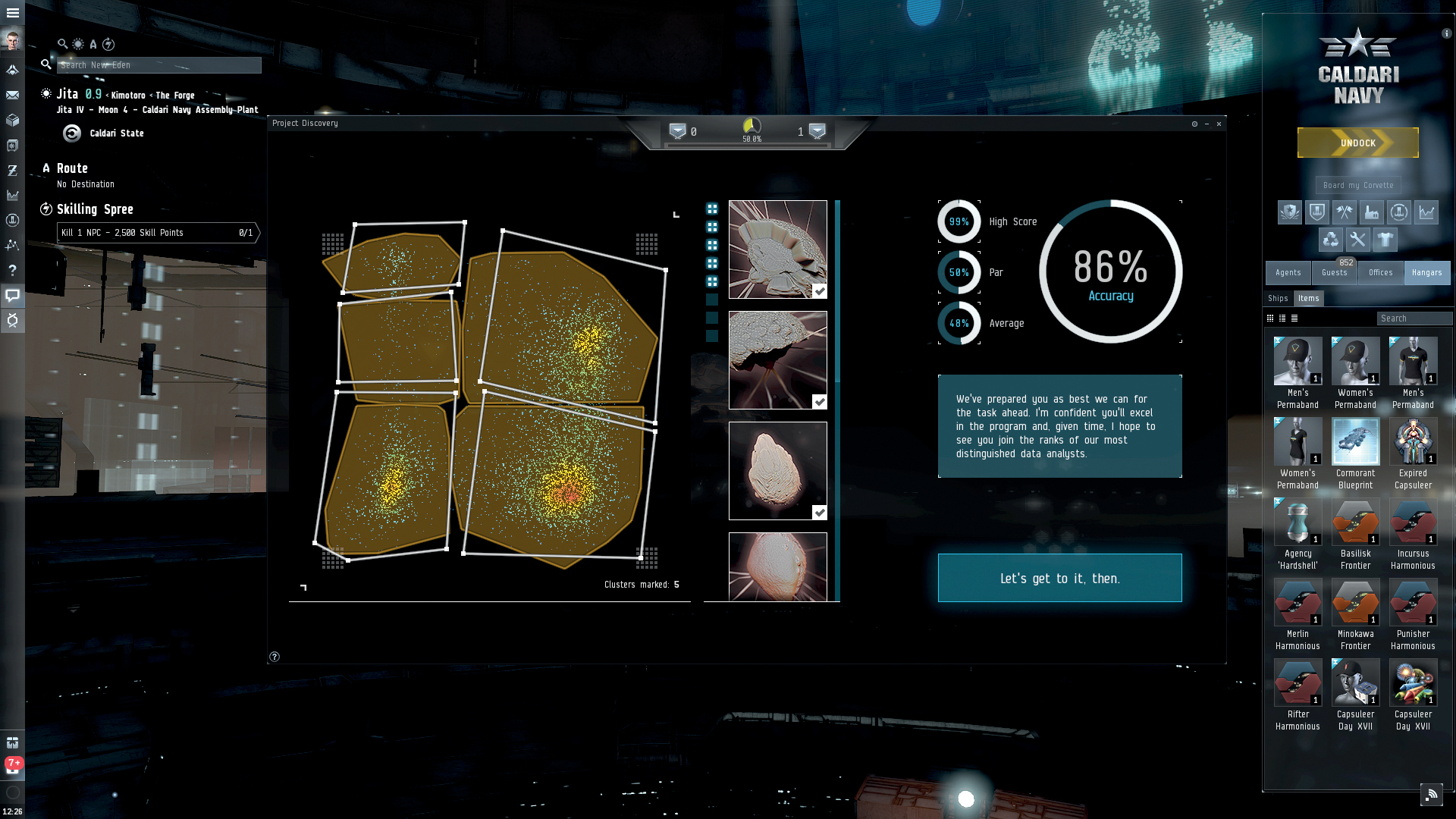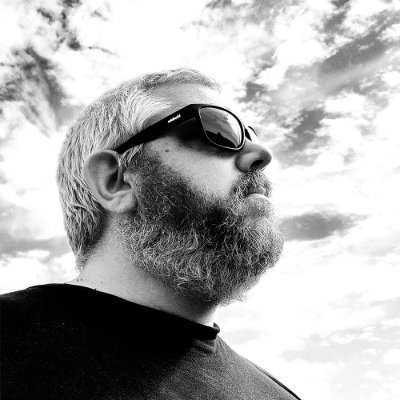How EVE Online and Borderlands 3 merge citizen science and gaming
"If we can take just a fraction of the time that’s spent gaming, and make it useful for science, then that’s practically a limitless resource."

The idea of citizen science isn’t a new one. Amateur scientists have been making important discoveries as far back as Ug the Neolithic hunter and her 'wheel', while even Newton, Franklin, and Darwin were self-funded for part of their careers, and Herschel discovered Uranus while employed as a musician. It’s only from the late 20th century that it’s crystallised into what we know today, with the North American Butterfly Association using its members to count the popular winged insects since 1975. Zooniverse has users classify images to identify stellar wind bubbles, track coronal mass ejections, and determine the shape of galaxies. Then there’s Folding@Home and other cloud computing projects—they count too.

This article was originally published in PC Gamer UK 351. You can get our glossy mag fired through your letterbox each month by subscribing.
These citizen science projects are, essentially, experiments in human computation. You can even get paid for doing them through Amazon’s Mechanical Turk programme. What none of them involve, however, is playing PC games. And while sites such as Artigo (artigo.org unless you want a Portuguese flooring company) gamify things a bit by having you assign tags to paintings while paired with another player, scoring points when your tags match, it’s not exactly AAA. Integrating science into a videogame is tricky. We recoil from anything labelled as ‘educational’, but there’s an opportunity here to do real good. Indeed, what started life as a project to map human proteins in EVE Online in 2016 has, via the classification of exoplanets in 2017, come right down to Earth with a project to detect and measure the chemical characteristics of cells—known as flow cyclometry—which has a bearing on the body’s response to COVID-19. EVE calls this Project Discovery, and you access it by clicking the logo in the Neocon menu. Take part, and you can earn exclusive cosmetic customisations for your EVE character.

EVE's universe isn’t the only place you can take part in actual scientific research: an arcade cabinet in a corner of Tannis’ infirmary on the Borderlands 3 planet of Sanctuary III hides Borderlands Science, in which you can take part in an initiative to map the DNA of bacteria found in the human digestive system. It’s "an opportunity to use the enormous popularity of Borderlands 3 to advance social good" according to Gearbox Software co-founder Randy Pitchford.
Both of these projects can be traced back to a Swiss startup called MMOS—Massively Multiplayer Online Science—which provides an API to bridge the gap between game and research. What you see in the game isn’t anything new—we’ve been playing these sort of minigames for many years, using them to hack turrets or open locked doors—but rarely have they had such weight to them. "We know that games are the most engaging form of entertainment today," says Atilla Szanter, co-founder of MMOS. "And if we can take just a fraction of the time that’s spent gaming, and make it useful for science, then that’s practically a limitless resource. This is the third iteration of Project Discovery, and the task has been completely different in every version, but I think this most recent version is the most interesting.
"Roughly what it is, is that we take a blood sample, put it in a tube, and then fire multiple laser beams across that blood. Through this, we can count different types of cells, like how many T-cells we have. The composition of the blood is important as it helps us to understand how the immune system is reacting to different types of treatment. The data we collected is not just numbers, instead it’s multidimensional data. So we have a lot of numbers and data points and there’s no automated method that analyses it accurately enough, so scientists do it by hand. To accelerate this process, we can replace those scientists with people with minimal training who can annotate the samples." That’s what you’re doing in the minigames—marking the cell populations in blood samples after following an in-game tutorial.
Go with your gut
Meanwhile, over in the looter-shooter, Borderlands Science encodes the DNA of each gut microbe as a string of bricks of four different shapes and colours. Players connect those coloured shapes to help scientists estimate the similarity between each microbe. The more puzzles players solve, the more they help decode the human gut microbiome, all while earning rewards that can be used in Borderlands 3. There are partnerships here with researchers and scientists at McGill University, Quebec, and The Microsetta Initiative at UC San Diego School of Medicine, while Big Bang Theory star Dr Mayim Bialik lent her voice to the project.
The more puzzles players solve, the more they help decode the human gut microbiome.
"To some extent we are more microbes than human," says Szanter. "You have a lot of papers recently trying to draw a potential connection between the microbes in your gut and Alzheimer’s—the idea is that what you eat now may trigger something, or not, years from now. It’s a huge field, and probably one of the most interesting in biology these days. With a potentially huge impact on the health system." I get the feeling we’ll be seeing more of these minigames make their way into videogames. "Games are huge, and games will be with us for a long time," Szanter says. “We solve the virtual problems that game designers create, and as we move more of our lives into these virtual worlds, it is almost an imperative for us as a society to find more and more value in this time we are spending in games."
Keep up to date with the most important stories and the best deals, as picked by the PC Gamer team.
So far, over 1.5million players have engaged with the minigames, leading to hundreds of millions of submissions to the scientific projects. "Since beginning Project Discovery we have seen our players band together as one to affect incredible change," says Bergur Finnabogson, EVE Online’s creative director at CCP. "We are constantly reminded that the EVE community is like no other." No other, apart from Borderlands’, it seems. With the right tools, games are a powerful source of good in the world.

Ian Evenden has been doing this for far too long and should know better. The first issue of PC Gamer he read was probably issue 15, though it's a bit hazy, and there's nothing he doesn't know about tweaking interrupt requests for running Syndicate. He's worked for PC Format, Maximum PC, Edge, Creative Bloq, Gamesmaster, and anyone who'll have him. In his spare time he grows vegetables of prodigious size.

